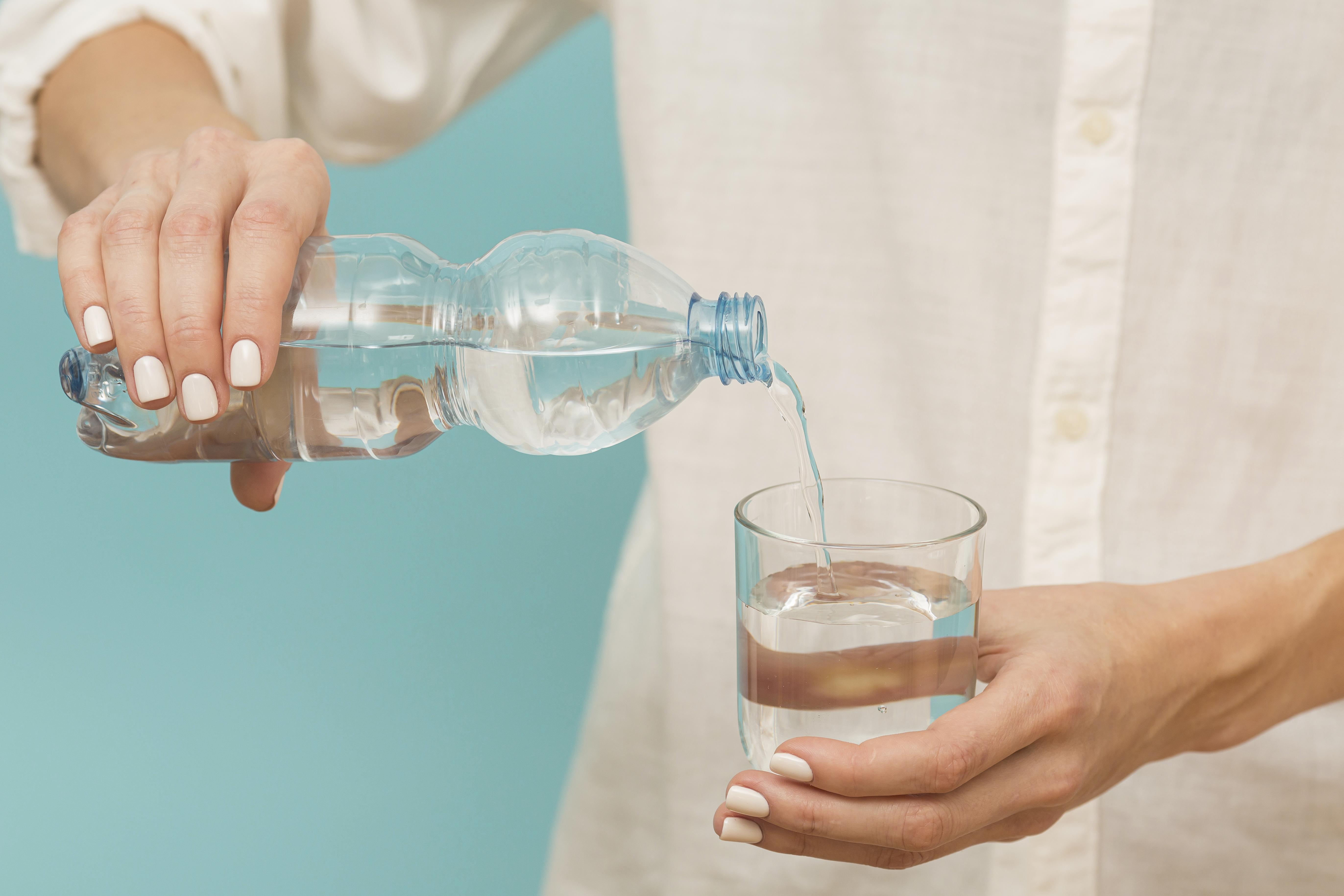We Provide Free Delivery to Most of the Cities in Qatar.
Enquire? Send Your Mail
Enquire? Send Your Mail

In Qatar, where fresh water is a valuable and carefully managed resource, ensuring that your drinking water is safe and clean is essential for your health and well-being. With the country relying heavily on desalination and advanced treatment processes, residents can take specific steps to further ensure the safety of their water supply. Here are some practical tips for residents to ensure safe drinking water in Qatar:
In Qatar, tap water primarily comes from desalinated seawater, which is treated to meet stringent safety standards. Familiarize yourself with the source of your tap water and any relevant safety information provided by Kahramaa, the Qatar General Electricity & Water Corporation. Kahramaa regularly tests and publishes water quality reports, so reviewing these reports can give you insights into the quality of your tap water.
If you rely on bottled water, choose reputable brands that adhere to strict quality and safety standards. Check the label for information about the source and any additional purification processes used. Opt for brands that provide transparency about their testing and quality assurance measures.
Ensure that your home’s plumbing system is well-maintained. Regularly check for leaks or damage that could affect water quality. Old or corroded pipes can sometimes introduce contaminants into the water supply, so consider upgrading your plumbing if necessary.
If you use a water filter, make sure to replace the filter cartridges according to the manufacturer’s recommendations. Regular maintenance and timely replacement of filters are crucial for ensuring that the water you drink is effectively purified. Choose filters that are certified to remove specific contaminants of concern.
While tap water in Qatar is treated to high standards, it’s still a good practice to monitor the water quality yourself. Check for any unusual color, odor, or taste in your tap water. If you notice anything out of the ordinary, contact Kahramaa or a local water quality expert for further testing.
In case of natural disasters or environmental incidents, such as flooding or chemical spills, stay informed about potential impacts on water quality. Follow local advisories and use bottled water if there are concerns about contamination.
For those who prefer bottled water, proper storage is essential to maintain its quality. Keep bottled water in a cool, dark place to prevent degradation of the plastic and preserve the water’s freshness. Avoid storing bottles in direct sunlight or high temperatures, which can affect the water’s safety.
If you store tap water in containers, ensure that the containers are clean and food-grade. Use covered or sealed containers to prevent contamination. Clean water storage containers regularly to avoid the buildup of bacteria or other contaminants.
Kahramaa publishes periodic water quality reports that provide detailed information about the safety and quality of tap water in Qatar. Review these reports to stay informed about any changes or updates related to water quality.
Engage with local community resources or forums to stay updated on any water quality issues or advisories specific to your area. Community-based information can provide valuable insights and additional resources for ensuring safe drinking water.
Educate yourself and your family about water safety practices and the importance of clean water. Understanding the sources of potential contaminants and knowing how to respond to water quality issues can help you make better decisions regarding your water supply.
Prepare for emergencies by having an emergency water supply and knowing how to access safe drinking water if your regular source is compromised. Keeping a stock of bottled water or having a portable water purification system can be beneficial in unforeseen situations.
If you have concerns about your water quality or if you notice any changes in taste, odor, or appearance, consider having your water professionally tested. Water quality experts can provide detailed analyses and recommendations based on their findings.
If you experience any health issues that you suspect might be related to your drinking water, consult a healthcare professional. They can help determine if there is a link between your symptoms and water quality and provide appropriate guidance.
Ensuring safe drinking water in Qatar involves understanding your water sources, maintaining your water system, monitoring water quality, and following proper storage and handling practices. By staying informed and proactive, you can ensure that the water you consume is clean and safe, contributing to your overall health and well-being.
Whether you use tap water or bottled water, these tips can help you make informed choices and address any potential issues with your water supply. Prioritizing water safety is essential in maintaining a healthy lifestyle and protecting your family’s health in Qatar’s unique environment.